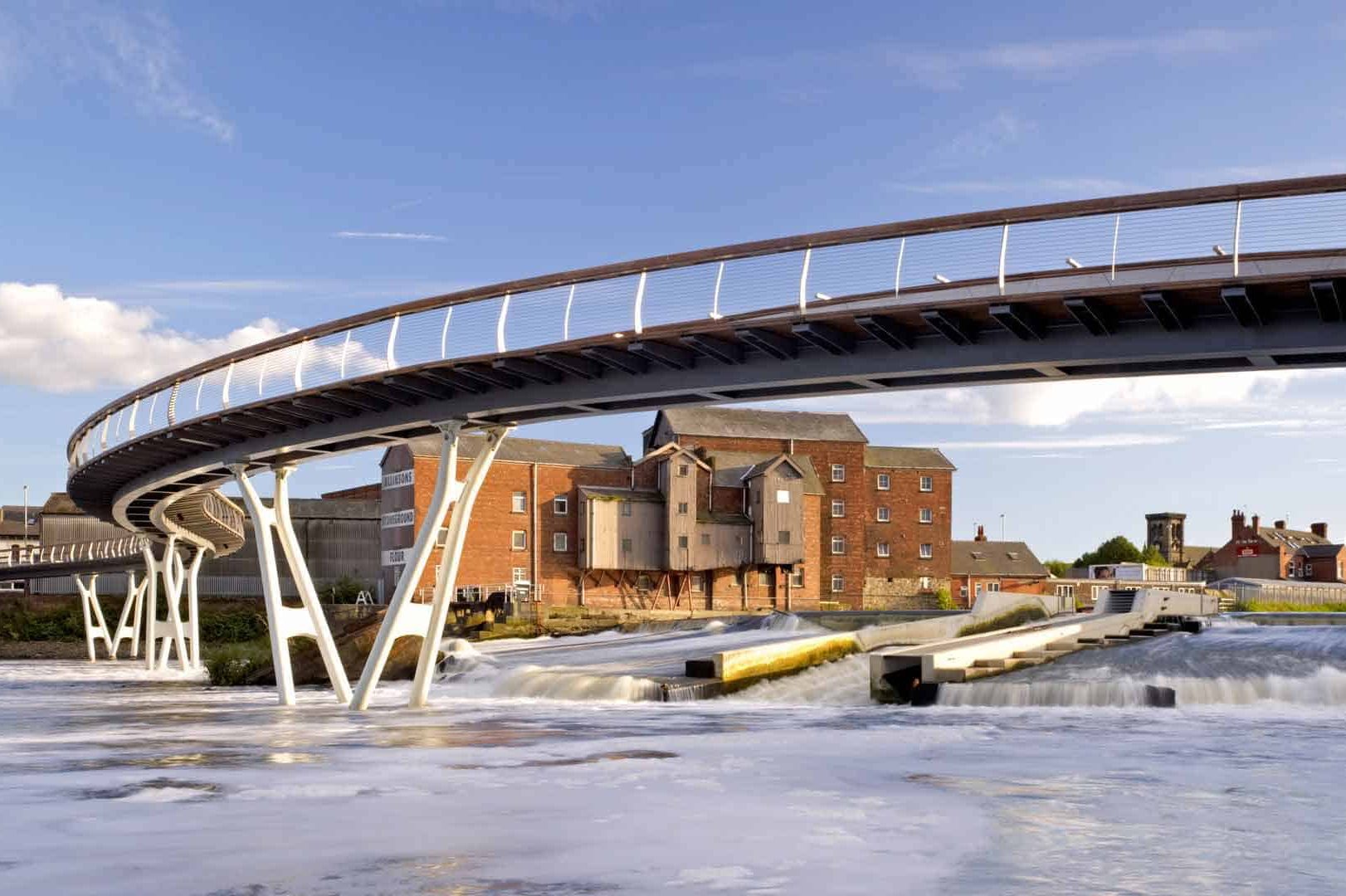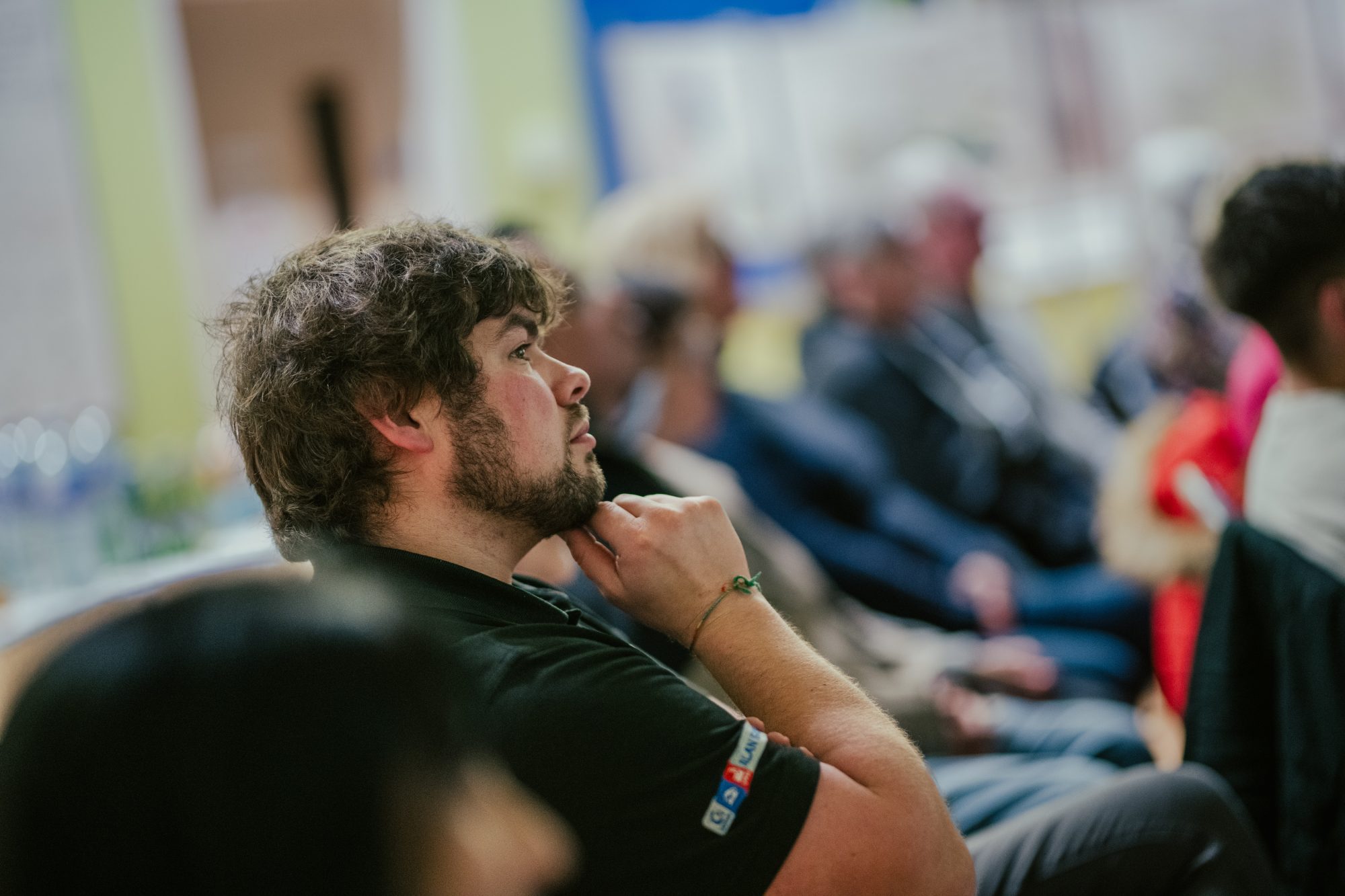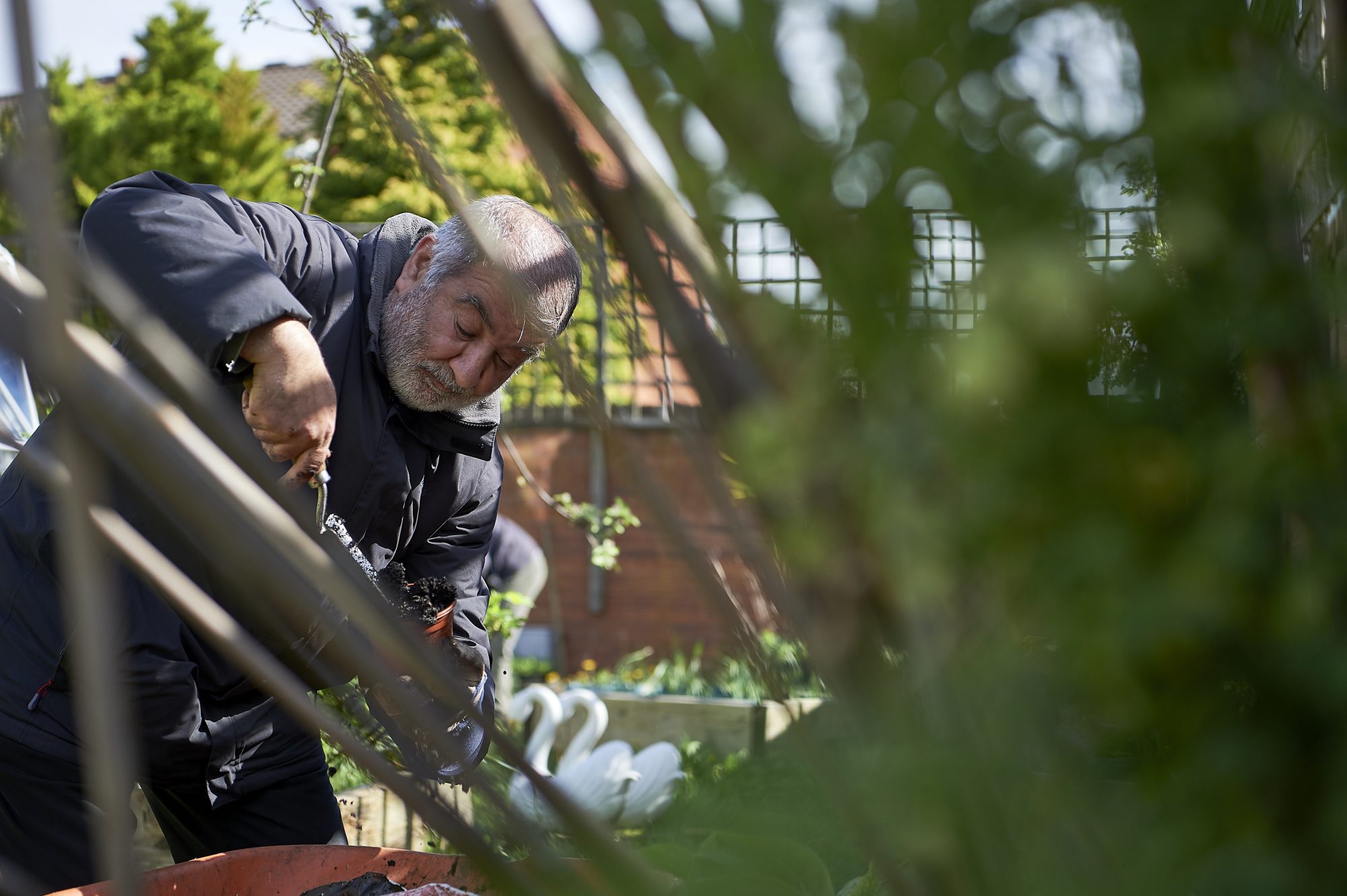The mill is run by a local community business, Castleford Heritage Trust, and has been for almost a decade. The mill building is a little distance outside the Castleford town centre, and before the pandemic, it was a hub for local activity, hosting small businesses, charities, and the offices of the local MP, Yvette Cooper, as well as providing spaces for art, music and theatre.
When the pandemic hit, the community business responded in several different ways. One of the main ones involved purchasing equipment to share with service users who struggled to get online.
But the community business quickly found that there were a whole host of problems that simply providing devices couldn’t solve. “We had grant funding for digital access,” says Lorna Malkin, chief executive of the Castleford Heritage Trust. “We purchased quite a lot of equipment – laptops and tablets – to deliver to people within the community.
“We were desperate to keep up links with people we were worried would become lonely. But we found it was a really difficult problem. We were naïve to think it could be solved just with equipment. We found that access was problematic. If they didn’t have the equipment, the chances were they didn’t have the internet either.
“Many of the people we wanted to reach were in accommodation provided by the local housing association, which doesn’t offer internet access in its accommodation. In other cases, there was a cost to accessing the internet which people couldn’t easily afford.”
Barriers to digital inclusion
The community business also found that there were barriers within the minds of potential users. “Some people didn’t have the skills. Others didn’t have the confidence. And others just weren’t interested. They didn’t want to know about the technology. You couldn’t show them how to do it. In a lot of cases, we ended up sending out activity packs and DVDs, because we were dealing with individuals with limited desire to engage.”
In the end, she says, the equipment purchased went to a good home. “We loaned the tablets to local schools instead for home learning, and they were snapped up.” For her, though, the process showed that digital exclusion was a tricky issue to tackle. “The way the world is going, it will be a requirement to be online,” she says. “But there are a lot of people in these communities who aren’t able to, for all sorts of different reasons.”
This was reflected in how the community business dealt with people needing emergency support, as well. The mill remained open throughout the pandemic, and became a Covid support hub. “We had people who volunteered to do food shopping for people and they would collect and deliver,” Lorna says.
“Although people weren’t coming in, we were still in contact. We had a charity in the building who were delivering 500 packages a week. Once again, we found this wasn’t primarily led by digital. We did have orders come in online, but it was mostly phone and email.”
Digital development
In other ways, however, the community business has developed its digital presence significantly over the last year. “We took part in a digital mentoring scheme,” says Lorna.
“It was part of the Digital Heritage Lab project run by the Arts Marketing Association. They ran a lot of sessions on how you use digital in your organisation. We’ve changed several things. We were looking at a new CRM system. We’re looking at a new website. We’re going to get a member of staff trained up to see how we can use digital more effectively.
“One thing we have done is looking at using digital technology for accessibility in our own services. We’ve installed hearing loops. We’re looking at different software to help with subtitling to make access easier.” The community business, like many others, shifted most of its offering online at the start of the pandemic, and is looking at whether to continue delivering online as it begins to come to an end.
“We’ve always had a good presence on Facebook,” Lorna says. “We increased that very rapidly. We’ve done at least one post a day. We’ve moved all our services online and they’ve been viewed by a lot of people.
“We’ve had a good presence and good engagement. We’ve delivered online talks. We’ve run book clubs online. So now we’re looking at how we will deliver services going forward. We have a global audience now for the performances we’re putting on. We’ll continue to deliver remotely for people who don’t want to come back into the building.”



